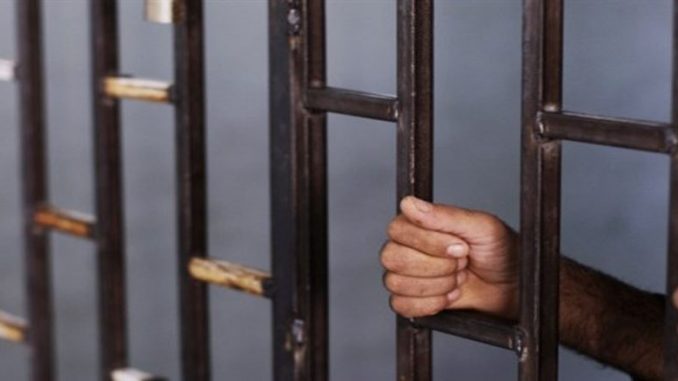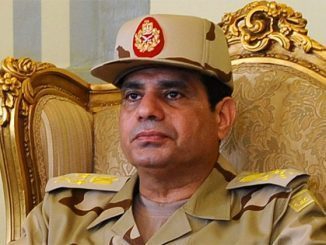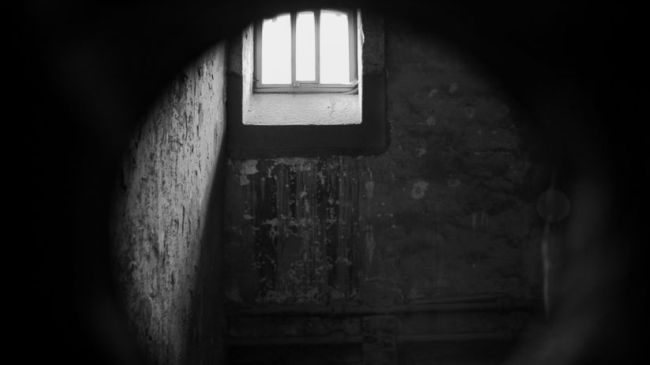
Repeated rescue cries from Al-Wadi al Jadid prison in Ramadan. Prisoners suffer from starvation, thirst, humiliation, and deliberate negligence. The prison cuts the water throughout the day and leaves it only for one hour.
Prisoners starve as they are only allowed to eat three bread loaves and a piece of cheese per day. In addition, medicines are not allowed. The prison also prevents the visits and in case of an approval of the prosecution, visits are only allowed for five minutes where the prisoners’ families are grossly humiliated.
Regarding the cell condition, cells don’t have any bed or covers. The prisoners are also prevented from any personal belonging even the hygiene equipment. The place is totally unclean and full of insects. As a result, many prisoners suffer from skin disease.
One of the examples of deliberate negligence in Al-Wadi al-Jadid prison, one of the prisoners suffered suddenly from swelling in his foot without any medical interference. Another prisoner fell on his legs in the bathroom and he stills suffers from pain without any medical treatment.
Egypt’s prisons are rife with abuse and filled to triple their capacity. In 2016, the Arabic Network for Human Rights Information (ANHRI), an association headed by Egyptian lawyers who are committed to social justice, found that 106,000 people were incarcerated in 504 detention facilities. Some 60,000 of those jailed were arrested for their political views or affiliation.
The numbers of inmates increased significantly after General Abdel Fattah al-Sisi overthrew Mohamed Morsi, Egypt’s first elected president and a high-ranking Muslim Brotherhood member, in 2013. The army’s ensuing crackdown against Muslim Brotherhood supporters, secular activists, and aid workers resulted in what the New York Times described as a jailed generation.
In 2014, an Interior Ministry official said that authorities arrested 22,000 people in 2013. The Egyptian Center for Economic and Social Rights, an independent monitoring group, estimated that the number was closer to 41,000.
Under al-Sisi, the government has tried to ease overcrowding by building 16 more prisons. However, Human Rights Watch (HRW) warns that unless draconian laws are scrapped, authorities will continue to detain anyone at any time.
A decree barring public demonstrations, for instance, is frequently used to charge protestors with ‘obstructing justice’. Other common accusations include ‘thuggery’ and ‘assaulting police officers’. These charges are almost never supported with evidence except for a written police report.
Those who are imprisoned face appalling conditions. Scorpion, Egypt’s most notorious jail, is where many political prisoners are locked up. HRW has said that inmates suffer abuse and torture at the hands of guards, sometimes resulting in their death.
Authorities inside Scorpion have prohibited prisoners from communicating with their families while failing to provide basic medical treatment to ailing inmates. Guards also routinely beat prisoners and isolate them in solitary confinement, often without a bed or mattress.


